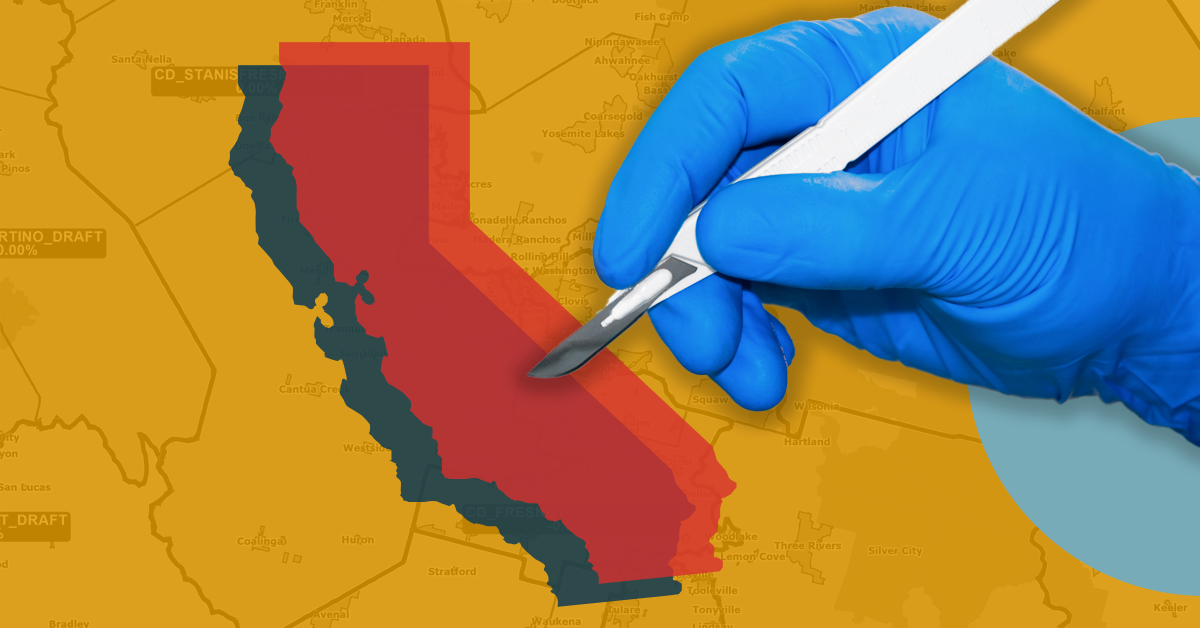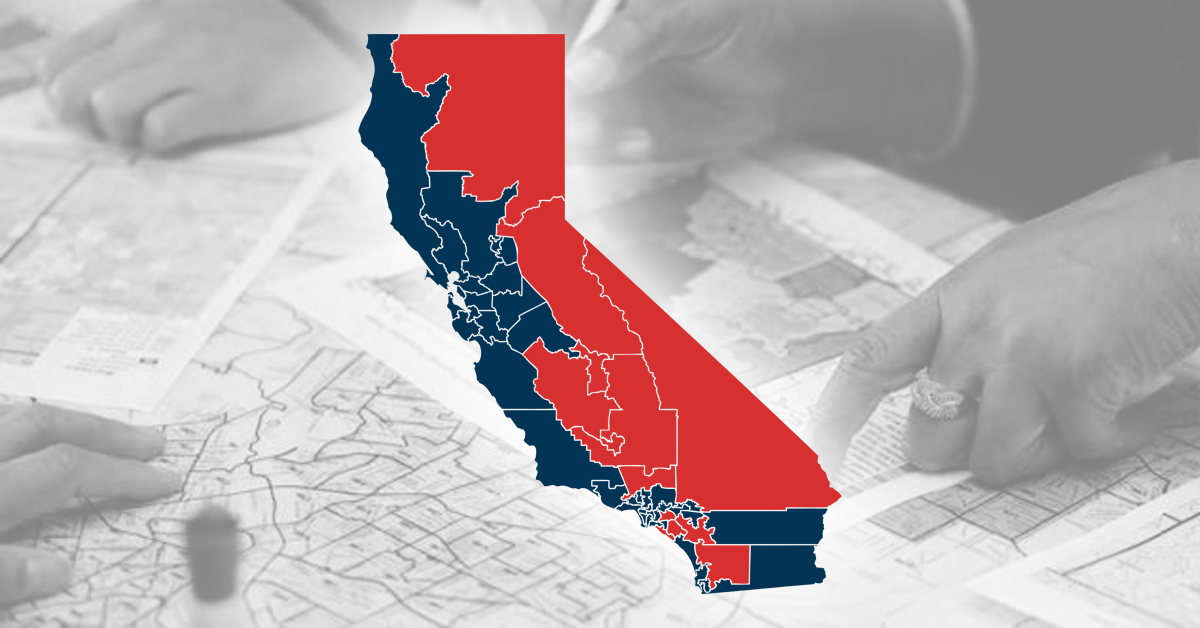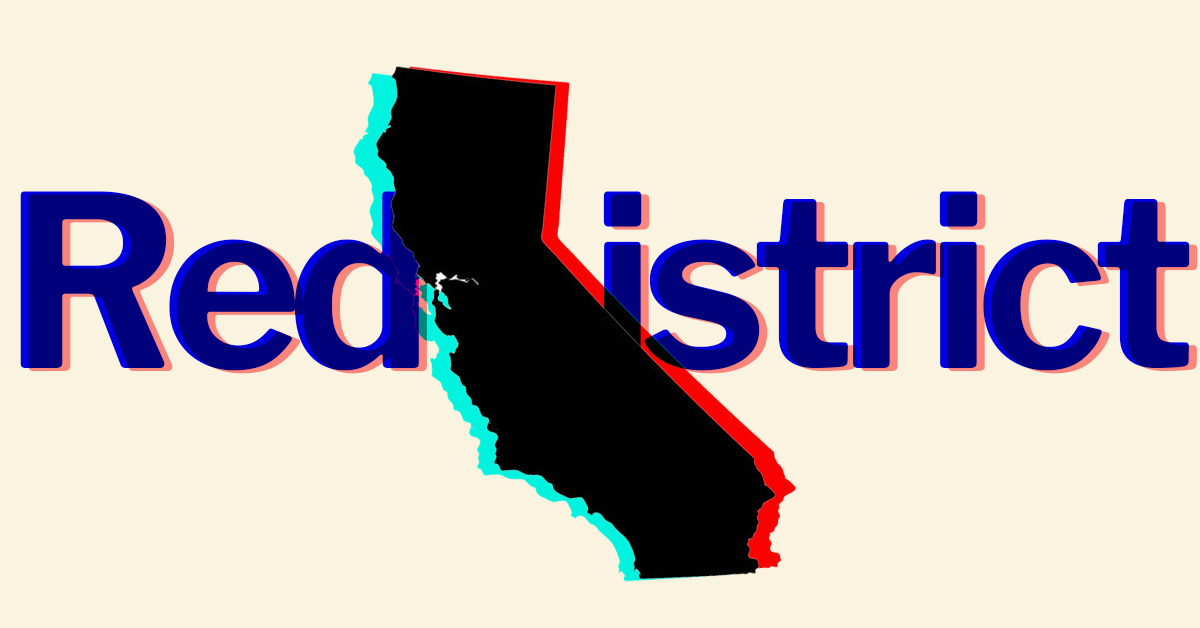California Gov. Gavin Newsom signed two bills Sunday that will drastically change how county supervisorial districts are drawn in Fresno and Kern Counties in 2031.
Up until this point, both the Fresno County Board of Supervisors and the Kern County Board of Supervisors have drawn their own district lines.
But two Democratic legislators pushed through bills that will require an independent, citizen-led commission to draw the lines, similar to the California Citizens Redistricting Commission which approved the Congressional and legislative maps after the 2010 and 2020 census.
Assembly Bill 2030, known as the County of Fresno Citizens Redistricting Commission, was introduced by Asm. Joaquin Arambula (D–Fresno).
Asm. Rudy Salas (D–Bakersfield) sponsored Assembly Bill 2494, establishing the County of Kern Citizens Redistricting Commission.
Both commissions will include 14 members that will approve the new maps after the 2030 census is completed and beyond.
Membership will be split “as proportional as possible” by the number of registered voters which each political party in both counties, including representation for no party preference.
Both bills state that the political makeup of the commission is not required to be exactly the same as the proportion of political party and no party preferences among registered voters.
All existing supervisorial districts will be represented by at least one member who lives in the district.
Arambula was driven to introduce the bill after Supervisors adopted lines largely based on a map tendered by Alex Tavlian, the editor of San Joaquin Valley Sun and chief counsel to the Fair Representation Coalition of Fresno County.
“Our county is changing, and Latinos now make up the majority of the population,” Arambula said in a statement when he introduced the bill. “We can no longer tolerate a process in which elected officials give lip service to following redistricting requirements, ignore public input, and then adopt a map that serves their purposes. This change is long overdue.”
A major backer of both bills is the Dolores Huerta Foundation, which pushed for their own map that sought to anchor all five Fresno County with portions of urban Fresno, drastically reshaping the partisanship of the seats.
“I think people are aware now of how politicians have been using political lines to keep themselves in power. I think people want to see that power in the hands of the people,” foundation civic engagement director Lori Pesante told CalMatters.
Huerta, the co-founder of United Farm Workers, at one point compared Fresno County’s redistricting process to the war in Ukraine when speaking to the Assembly election committee in March.
“We see what is happening in Ukraine, where people are being murdered, because Russia wants to take over their country and wants to represent them,” Huerta said. “What we have here is something very similar, of course, on a different scale.”
Kern County’s 2011 redistricting brought on a lawsuit in 2016 by the Mexican American Legal Defense and Education Fund (MALDEF), arguing that the distribution of Latino voters throughout the 2011 map was illegal.
That forced Kern County to redraw its lines, giving Latinos a second majority seat, which was held by Supervisor David Couch, a white Republican.
Since a Federal judge ordered the new lines, Couch has won re-election twice, including once against Huerta’s son, Emilio, in 2020.










